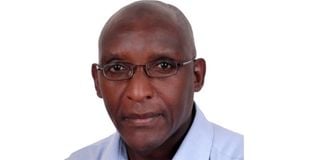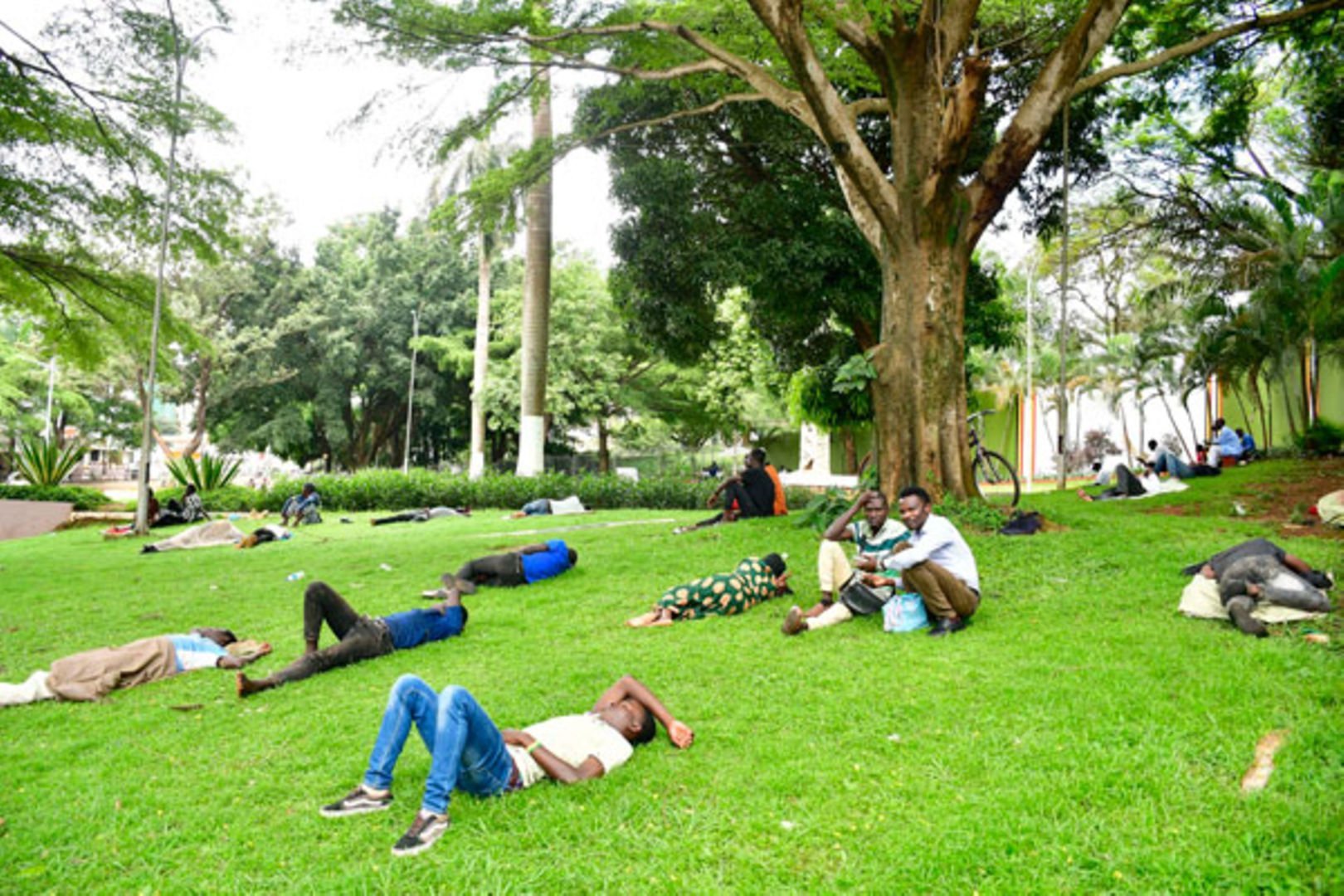Prime
What the economy should see in 2023

Author: Okodan Akwap. PHOTO/FILE.
What you need to know:
...more policy action is needed to make mobile money services truly supportive of mass access to financial services in Uganda. This should enhance financial inclusion.
Undoubtedly, the appointment of a substantive governor for Bank of Uganda (BoU) will be one of the most important announcements the economy awaits President Museveni to make in 2023.
The job has been vacant since the former governor, Mr Emmanuel Tumusime-Mutebile, died in January 2022.
Article 162 (1) of the Constitution, enjoins BoU to: First, promote and maintain the stability of the value of the currency of Uganda. Second, regulate the currency system in the interest of the economic progress of Uganda. Third, encourage and promote economic development and the efficient utilisation of the resources of Uganda through effective and efficient operation of a banking and credit system. And fourth, do all such other things not inconsistent with this article as may be prescribed by law.
These functions lie at the core of the economy. President Museveni has had a whole year to weigh up two broad camps from where a successor to Mr Mutebile should emerge. He knows all the leading contenders in both camps and, therefore, his choice will signal the direction he wants the economy to take.
If he goes for continuity of the status quo then he should name Mr Keith Muhakanizi. A former Permanent Secretary and Secretary to the Treasury, Muhakanizi for several years deputised Mutebile, who was an unflinching disciple of the Washington Consensus, a set of 10 economic policy prescriptions forced on poor countries, including Uganda, in the 1990s by the Bretton Woods twins – the World Bank and the International Monetary Fund.
I remember Mutebile was so cautious that for all the time I worked as a business reporter for New Vision (1999-2000) he never once granted me an interview despite several requests. Still, I found a way to include him in my stories. I would ask his secretary to pass him a note stating my request and he would write “No comment” on it. That was all I needed for a direct quote.
If President Museveni opts for someone from the opposing camp, he should consider Dr Ezra Suruma, who served as a deputy governor at BoU. He’s the man I recommended in this newspaper. (See, ‘Is it time for strategic change at BoU?’) Daily Monitor, February 5, 2022.
In my endorsement I stated: “We need a central bank governor who can listen more to what Ugandans are saying than what the World Bank and IMF think is good for us.”
Everywhere, Ugandans are saying the cost of doing business in Uganda is burdensome due to a cocktail of factors. These include high transport costs, high taxes, high inflation, high interest rates, and severely curtailed private sector access to low-cost finances.
The local banking and credit system should be tweaked such that small and medium enterprises (SMEs), including smallholder farmers, get a realistic chance of owning a sizable chunk of the economy, which is now dominated by big foreign firms.
The economy should see a downward trend of government domestic borrowing and a rise in private sector access to credit, including long-term finance, for production in key sectors such as agriculture and agribusiness, manufacturing and industry, tourism, education, and healthcare.
This won’t happen unless Ugandans once again get to own banks in the calibre of Uganda Commercial Bank, which was ill-advisedly privatised a couple of decades ago, even when it had regained its profitability under Suruma, who was then its managing director. Suruma vehemently opposed UCB’s privatisation.
Strong local banks as well as a robust co-operative movement – which should have its own bank – are some of the key elements needed to drive economic development. This business of many Ugandans relying on relatives – not banks – to borrow money for doing business must stop.
The economy should see the rise of locally mobilised resources for economic development. BoU should create the environment for Ugandans to own banks. Remember, it was BoU that closed seven local banks and scared off Ugandans from even trying to own a bank.
Mr Akwap (PhD) is an associate consultant at Uganda Management Institute.




